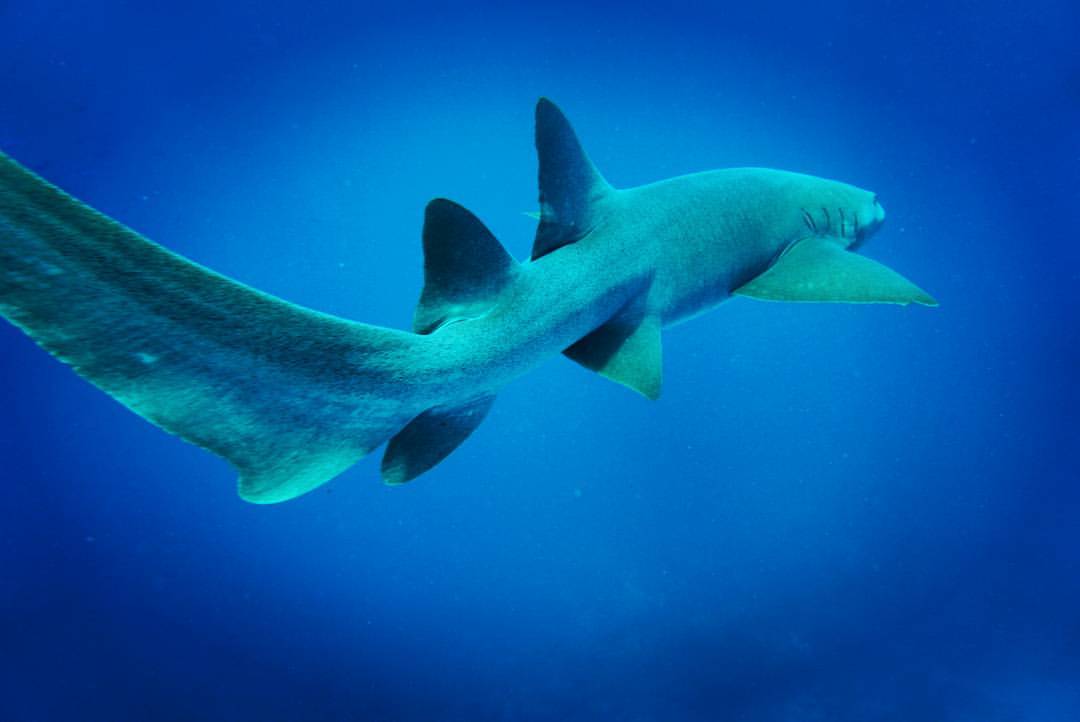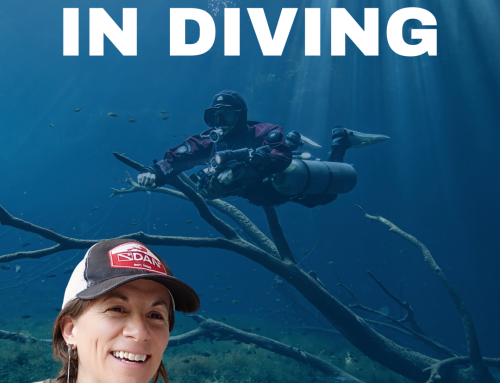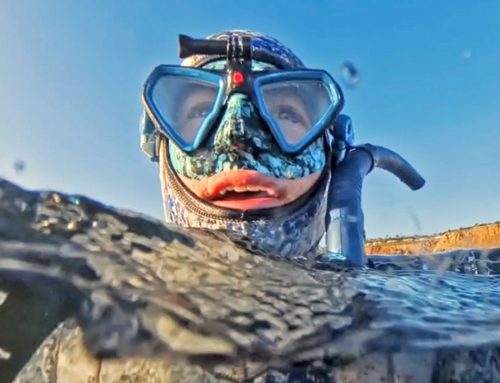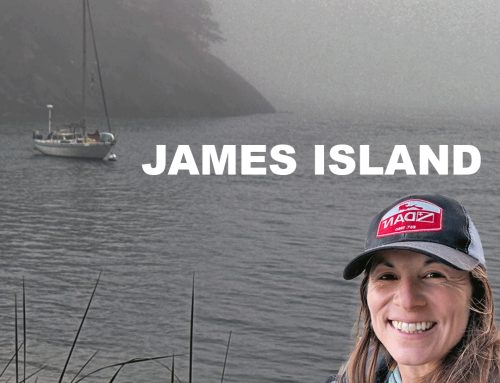If you’re like the rest of the ocean lovers out there, you’ve probably seen or read a little bit about shark week. It happens once a year on the Discovery Channel and although it was most likely created with good intentions, scare tactics and fake news have infiltrated the programs. Shock value has taken precedence over science. This has created a lot of misinformation about shark behavior as well as their role in the environment.
Shark Week is fake
Ok, so not all of it, but since there are fake programs sprinkled throughout Shark Week, how does the average viewer know the difference?
When the ‘documentary,’ Megalodon: The Monster Shark Lives, came out in 2013, the public was freaking out. The program showed this prehistoric giant going on a killing rampage in South Africa and because it was well done, it was hard to know that the whole thing was fake. In fact, the only indication that it WAS fake was by a small disclaimer at the very beginning of the documentary, which surely loads of people missed.
The franchise has piggybacked off of the popularity of this particular program despite the backlash from the general public. They have even created several followup programs over the years that continue to bewilder the public, but they get good ratings so who cares right?
Why is fake news during Shark Week so detrimental to ocean conservation?
Sharks are the ocean’s most important predators and they must be in balance with their environment. As you more than likely know, one species’ extinction means wild shifts throughout the ecosystem. The ocean is no different. All species of sharks are under attack from different human factors: environmental, tourism and fishing.
What happens when the majority of people believe these stories that sharks are scary, killing machines? If the trend continues and the shark population dwindles down to a small number or even worse, extinction from the planet, this is what can be expected:
- The balance in the ocean will get out of whack.
- The smaller creatures will be in danger of population loss due to the fact that their predators are no longer getting eaten by sharks.
- This could, in turn, lead to a huge increase in algae growth since the smaller fish are no longer around (or very few in number) to eat it.
- Certain human delicacies could disappear from certain areas. Real-world example: in North Carolina, sharks were overfished and scallops disappeared because they weren’t around to keep the ray population (which eat scallops) in check.
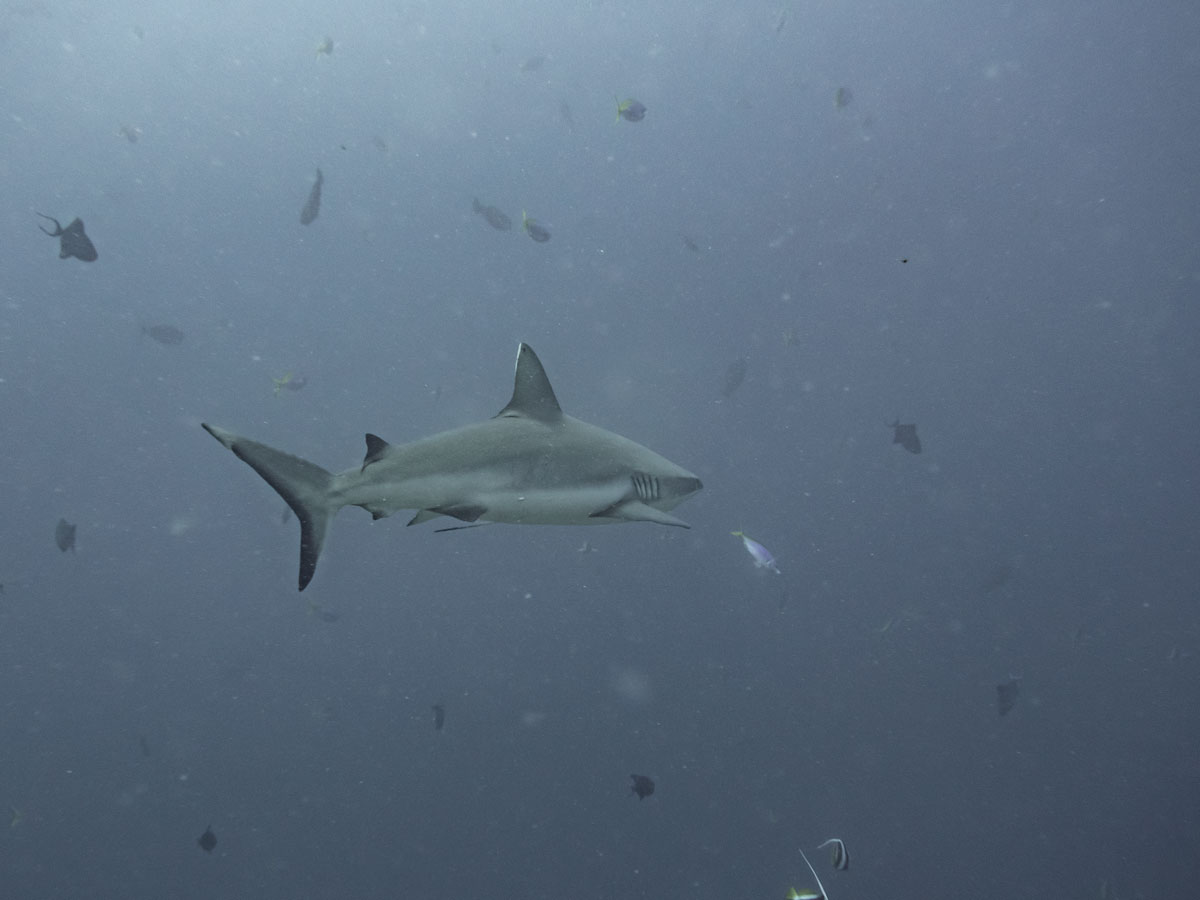
One well-done ‘Shark Week’ fake news story can set us back decades
Although there are many good programs during Shark Week, there is still the overbearing archetype aimed at spreading fear of these magnificent and important creatures. Ever since the movie Jaws came to movie screens, shark conservationists have been trying to undo the damage that Hollywood inflicted on the species. Fake shark stories continue to send progress one step back for every two steps forward. No matter how much improvement has been made, there is still much work to be done.
Don’t believe everything you see on Shark Week
As Shark Week wraps up, it’s like all other things in life: take the good, leave the rest. Sharks have never had more voices rooting for them and part of that is due to the fact that programs like Shark Week exist.
Hello, publicity!
Now is the time to refocus that energy and limelight into actually saving this species before it’s too late.
Resources for real shark news and ocean conservation
There are plenty of shark advocates and associations out there doing the good work. Make sure you check out some of these rock stars killing it on social media, spreading the message of sharks as friends and ocean love:
What can you do?
- Educate your friends and social media followers by sharing informational and poignant posts on your social media channels.
- Connect with other shark lovers and keep the conversation going about the threats that face sharks
- Volunteer for research or fundraising events involving shark conservation.
- Choose shark encounters that are non-invasive and that don’t rely on baiting or feeding
Help sharks and save the planet! Read more about what kind of sharks can be found here in Indonesia and let us know what you’re doing to make a difference in shark conservation.
Sarah Miller
PADI IDC Staff Instructor #320212
Azul Unlimited
We teach responsible scuba divers and ocean protectors. The brand is run by PADI IDC Staff Instructor Sarah Valdez who teaches scuba diving in person and on YouTube. Now she travels around the states and Mexico in her van scuba diving in new and different places. Follow her adventures on YouTube, Instagram, Facebook, and TikTok or join the Azul scuba community on Patreon.
Azul Unlimited is partnered with Azul Komodo, a top PADI IDC Center in Labuan Bajo, Indonesia offering daily dive trips to the Komodo National Park. Contact their team directly for an unforgettable experience diving in one of the top dive destinations in the world!






